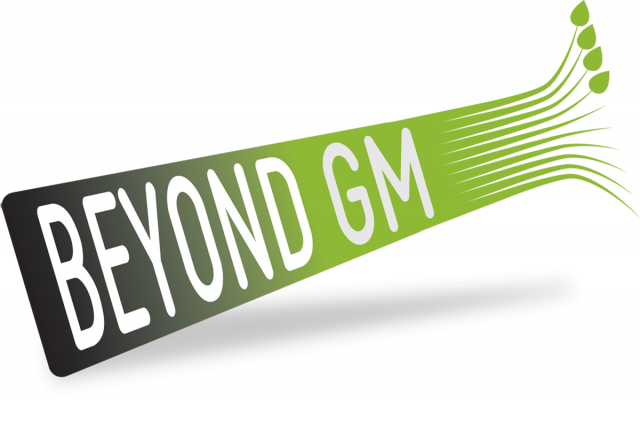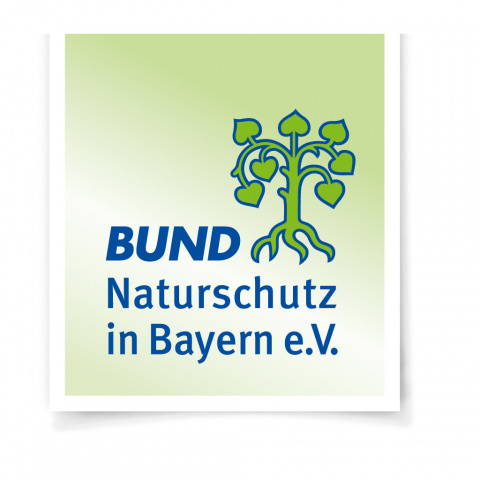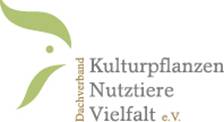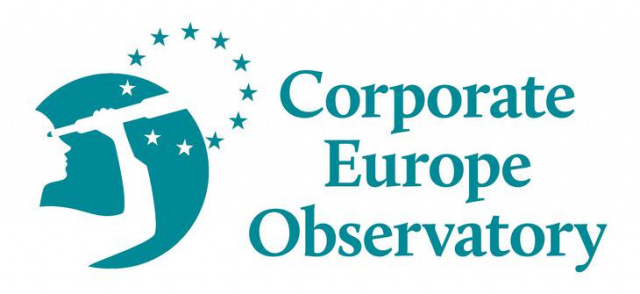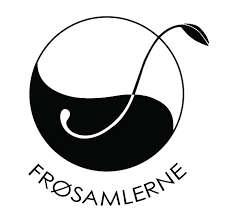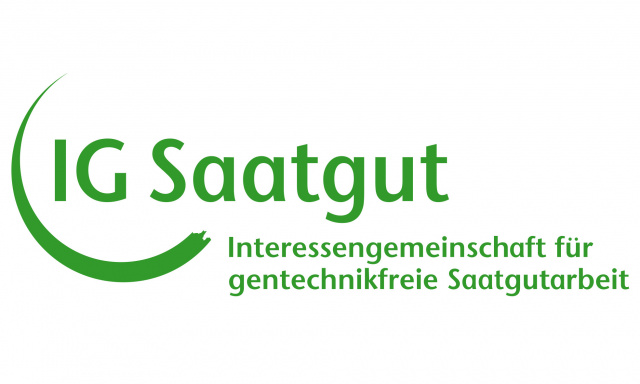Munich, 8 November 2011.
Patent on tomato becomes a landmark decision
Call for better control of EPO
Today the European Patent Office (EPO) decided to forward the patent on tomatoes (EP1211926) to the Enlarged Board of Appeal. In doing so the EPO surprisingly followed calls by critics who fundamentally oppose patents on plants and animals. This decision questions the office's current practice of granting patents on plants and animal derived through traditional breeding methods. The Enlarged Board of Appeal is theEPO's highest instance and will have to take a decission of principle on the patentability of plants and animals.
So far some 100 such patents have already been granted. Breeders, farmers, environmentalists, development and consumer organisations and even the German government have demanded the granting of these patents be stopped. The international coalition of No Patents on Seeds cautions against seeing today's decision as a final solution.
"Today the EPO put on the emergency break to prevent further damage to its own reputation," says Christoph Then, advisor on patents for Greenpeace and spokesperson for the No Patents on Seeds coalition. "This is an important success for all those who oppose patents on plants and animals. However, the public cannot trust the EPO. An institution that declares tomatoes, broccoli and melons to be inventions of industry undermines its own legitimacy. The EPO must be put under the control of independent courts and European governments, in order to prevent it from continuing to take biased decisions in the interests of the biotech industry. Furthermore we demand that European patent law is revised in such a way that patents on plants and animals are completely prohibited.",
The patent (EP 1211926) covers seeds, plants and tomatoes derived through traditional breeding. Tomatoes from the region of origin were combined with common varieties. As a result the tomatoes have a reduced water content, which makes them interesting for further food processing, such as for ketchup. The patent had been granted to the ministry of agriculture of the state of Israel, and was challenged by Unilever to protect its own commercial interests. In December 2010 the EPO's Enlarged Board of Appeal took the decision that traditional breeding methods in general cannot be patented. However, products derived through such methods remained patentable.
A number of patents on plants derived through traditional breeding methods have already been granted in the past to companies like Monsanto, Dupont, Bayer and Syngenta. Opponents warn that consumers, farmers and food producers will suffer new dependencies on these international companies. Farmers and consumers in developing countries are also affected as well as those in Europe.
During the past few years an international coalition including the organisations Berne Declaration, GeneWatch, Greenpeace, Le Réseau Semences Paysannes, Norwegian Development Fund, No Patents on Life!, Misereor and Swissaid has been campaigning against such patents (www.no-patents-on-seeds.org)
Contact: Christoph Then, Tel 0049 15154638040

